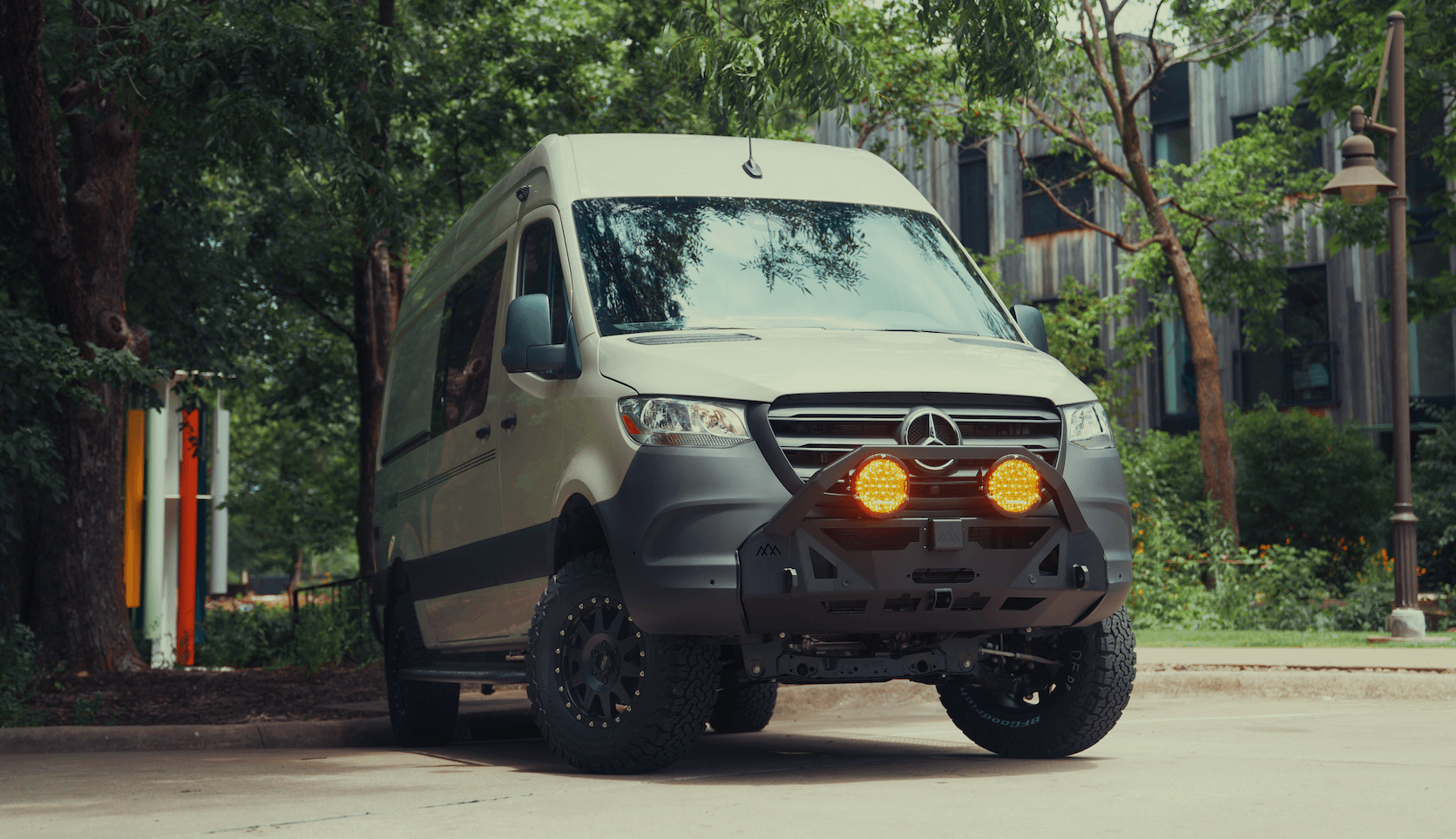Recreational Vans

Insulation does two jobs in winter. It slows heat loss and it reduces condensation risk when warm interior air meets cold sheet metal. Success depends on combining insulation, air sealing, and vapor control in the right order.
Choose insulation that fits cavities and resists moisture. Closed cell foam, mineral wool, and polyiso boards all serve different spaces. Fill large panels without compressing material, which lowers R value. Use foam board in flat zones and mineral wool in irregular shapes.
Air sealing matters as much as R value. Seal panel gaps, ribs, and openings where wind sneaks in. Add gaskets to door cards and trim, and backfill big voids with low expansion foam designed for vehicles. Aim for continuous coverage.
Manage vapor with smart placement. A continuous interior finish with sealed seams helps slow moist air from reaching cold metal. Avoid trapping water. Leave drain paths at the bottom of cavities and vent cooking and moisture sources aggressively.
Quiet is a winter comfort bonus. Sound deadener on large panels followed by insulation and a finished wall creates a warm, calm cabin. Finish floors with a thermal break like foam underlayment before your wear layer to reduce cold foot fatigue.
Freezing water expands and cracks fittings, pumps, and tanks. You can either winterize for storage or build for active use in freezing temps. Decide which mode you need, then follow the right method.
Storage winterization favors simplicity. Drain all tanks and lines completely. Bypass the water heater if equipped. Use nontoxic RV antifreeze in the lines and traps to protect low points and P traps. Run each faucet until pink fluid appears, including showers and sprayers. Do not mix RV antifreeze with drinking water; flush thoroughly before reuse.
Active winter use requires heat around plumbing. Keep fresh and grey tanks inside the insulated envelope when possible. If tanks must sit outside, add tank heaters and insulate exposed lines. Heat tape should be rated for potable use when applied to fresh lines and must be installed per manufacturer guidelines.
Design for easy drainage. Add low point drains, accessible valves, and unions at vulnerable fittings. Use flexible PEX with quality crimped or expansion fittings that tolerate cold better than brittle plastics. Protect pumps with backflow prevention and avoid long unheated runs near exterior panels.
Condensation management keeps cabinets dry. Warm, humid air trapped in closed spaces can frost on cold nights then melt into pooled water. Ventilate under beds, galley bases, and near tanks with grills or louvered doors. A small, efficient fan prevents stale moisture pockets.
Heat selection sets comfort and safety. Diesel air heaters deliver reliable dry heat and sip fuel, while catalytic propane units demand careful ventilation and detectors. Vented heaters that bring combustion air from outside and exhaust outside reduce condensation and carbon monoxide risk. Always install working CO and smoke detectors and test before every trip.
Power systems behave differently in the cold. Lithium batteries can discharge in the cold but many cannot charge below freezing without internal or external heating. Use heated batteries or a battery warmer and include a low temperature charge cutoff in your battery management system. Expect solar production to drop with low sun angles and snow cover. Keep panels clean and consider alternator charging or shore power as primary winter sources.
Prepping the chassis matters as much as the living space. Fit true winter tires or quality all weather 3 peak mountain snowflake rated tires. Carry chains where required. Verify coolant mix and use engine oil that meets manufacturer winter viscosity specs. Diesel owners should treat fuel with anti gel additives and consider a block heater for easy starts.
Driving technique changes in cold. Load weight over the drive axle for better traction. Smooth inputs, longer following distances, and planned stops prevent slides. Keep recovery boards, a shovel, and a tow strap ready. Store deicer rated for vehicle locks and seals, and wipe door seals with a silicone based conditioner to prevent sticking.
Ventilation is your ally. Crack a window opposite your fan to create crossflow, cook with a vent running, and dry wet clothing near warm air with room to breathe. A dry cabin feels warmer and prevents mildew.
You can apply all these steps whether you camp in shoulder seasons or through deep winter. Start with insulation and moisture control, protect plumbing based on how you travel, choose safe heat, then dial in power and driving prep. Small details like door seal care and cabinet ventilation add up to big comfort on the coldest nights.
OZK Customs builds winter ready vans that hold temperature, manage moisture, and keep water systems flowing when the forecast dips. Our team designs insulated interiors, safe vented heat, and electrical that charges correctly in cold temperatures. We build in Fayetteville, Arkansas and hand off every project with an easy walkthrough at our Adventure Point lounge so you know exactly how to use your system in winter.
If you want a custom spec built for your routes and climate, explore our Recreational vans. Planning a full interior with heat, power, and protected plumbing is where our Custom build van service shines. If you prefer a financeable platform with smart winter options, review our Mainstream vans to see what fits your timeline.
Winter does not have to end your travel season. OZK Customs designs and builds insulated cabins, vented heat systems, cold rated power, and protected plumbing that work together. Tell us how and where you travel, and we will create a winter capable van that feels comfortable and safe in real weather. Reach out today to book your consult and secure your build spot.
Ready for a cold weather capable build that works every mile, not just on paper? Talk with OZK Customs about insulated interiors, safe heat, protected plumbing, and electrical tuned for winter. Book your consult and get on the build schedule today.
ADDRESS:
6159 E Huntsville Rd, Fayetteville, AR 72701
PHONE:
(479) 326-9200
EMAIL:
info@ozkvans.com